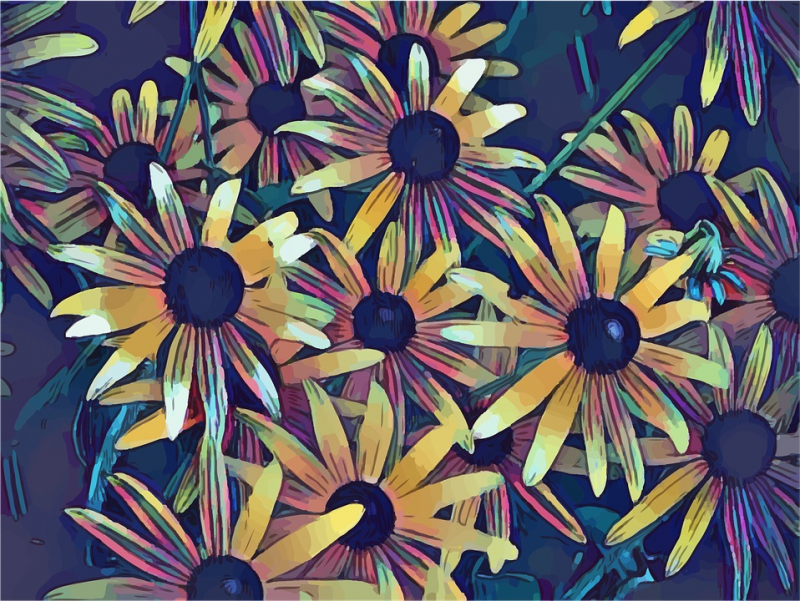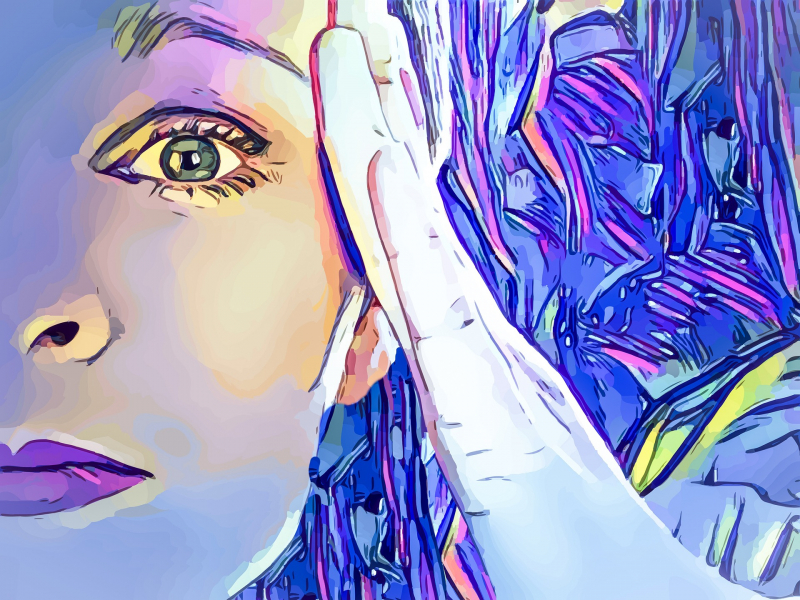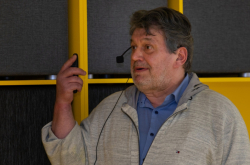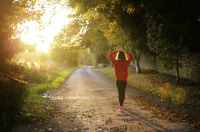Stress vs Stressor
More than 200,000 Google searches per week and 700,000 per month include the word “stress.” Unfortunately, that’s a huge amount. Bad grades, exams, deadlines, failed deals, health-related problems – we typically say “stress” about all unpleasant situations. But it’s not quite true. Firstly, these things are not stress in itself, these are stressors – factors that influence our bodies and threaten our homeostasis. Stress is not a specific situation, it’s a body condition, the launch of special reactions that try to balance things out. Secondly, both stress and stressors aren’t necessarily negative – winning a race or having a birthday party are also stressful situations. However, under certain circumstances, stress can get out of hand. So it’s not the stress that is harmful, it’s too much stress.
When stress is no longer useful
Scientifically speaking, stress is a series of hormonal reactions. The hormone melatonin is responsible for sleeping, endorphin – for happiness, and cortisol – for stress. At the same time, a body’s reaction to stressors isn’t specific. This means that it doesn’t depend on what type of stressor there is: a student taking an exam and an athlete competing in Olympic games share mechanisms or adaptation to stress. What happens next depends on many factors. There are three stages of stress. The first one is anxiety – that’s when the body is getting ready to fight a stressor. Most of the fighting begins at the stage of resistance – the body resists the stressor and looks for ways to solve the problem. In the case a stressor doesn’t go away, the last stage – exhaustion – begins. The situation seems hopeless and the body can’t fight the stressor. At this moment, stress stops being a mechanism of adaptation and becomes a pathology.

Help it, don’t fight it
Yes, you should help stress, not fight it. As we have already found out, stress is what allows us to deal with external factors – stressors. It’s our friend and protector. We can help it by means of so-called cross-adaptation. When a stressor influences us, our body starts to experience certain changes. As it turns out, these changes can make the body more resistant to different kinds of stress. How do you launch the mechanism of cross-adaptation? To become less sensitive when it comes to psychological and emotional problems, you can take advantage of physical factors.
Up in the mountains
As we get higher in the mountains, the oxygen’s pressure decreases, and hypoxia, a deficiency of oxygen in the body, appears. Usually, this state is considered dangerous and rightfully so – hypoxia might even be deadly, for example, on Mount Everest. But a series of experiments with lab rats have shown that small doses of hypoxia are actually useful – they benefit brain functions and help fight depression.
Hypoxia can be created artificially, for example, in a hyperbaric chamber. Scientists have conducted an experiment on monkeys and it was proven that after hypoxia sessions in the hyperbaric chamber, they not only became more resistant to stress but also became better at solving tasks, improved their memory, and the state of their skin and fur also got better.
In order to launch mechanisms of adaptation using hypoxia, you don’t have to live in mountains or sit in a hyperbaric chamber. It’s also possible to influence certain body parts instead of the entire body. For example, hypoxia appears when the bloodstream in a body part, like an arm, is blocked. This causes local ischemia. Positive outcomes of such procedures have been detected in animals. But of course, we can’t cure depression just by interfering with blood pressure. This is an experimental way used in labs. You can help stress in other, safe and fun ways.

Sports, sunbathing, and sauna
Resisting stressors is like fighting, which means it requires training. There is even a special device for that, it’s called a hypoxicator. This device reduces the oxygen content in the air, thus creating artificial hypoxia. Such training is suitable almost for everyone, except for people with certain chronic diseases. But sports in general will do as well. The thing is, when we do sports, hypoxia takes place in body tissues and the level of heat shock proteins (HSP) increases. The more there are of them, the more resistant to stress our cells are. HSPs also grow in number at high temperatures. So you can sunbathe or go to the sauna to help stress. Scientists from Finland, a country where there is a sauna in every house, have also proven that regular visits to sauna reduce risks of Alzheimer’s Disease by 60%.
Enjoying life
Another indicator of stress is the brain-derived neurotrophic factor (BNDF). This protein is responsible for the growth and resistance of nerve cells, memory, and studying. Scientists have noticed that after a stressful situation or in depression, its level decreases. This means that for the well-being of a body, you need to increase the amount of BDNFs. As of now, there is no medication for that, but scientists work on this. However, there are other ways to increase it. Processing of new information – sounds, smells, flavors, tactile sensations – is beneficial for BDNF. You can start with little things to enjoy: use bright colors in interior design, surround yourself with objects of different shapes and textures, visit theaters or exhibitions, or simply listen to music. And again, do sports, your brain needs it. Study languages, travel, solve tasks, play instruments – any new activity will help. Routine is not only boring but also harmful.

The stress of social isolation
Coronavirus has affected all aspects of life, including stress. Compulsory social isolation has led to the emergence of a new type of stress. Both animals and people strive to be together. That’s the law of nature – it feels safer when you’re in a group. But as a result of the pandemic, the so-called inversion of the biological point behind socialization happened: due to the threat of infection, it became dangerous to be among others. As of now, researchers are studying the consequences of self-isolation during the pandemic.
Author: Irina Vorontsova




